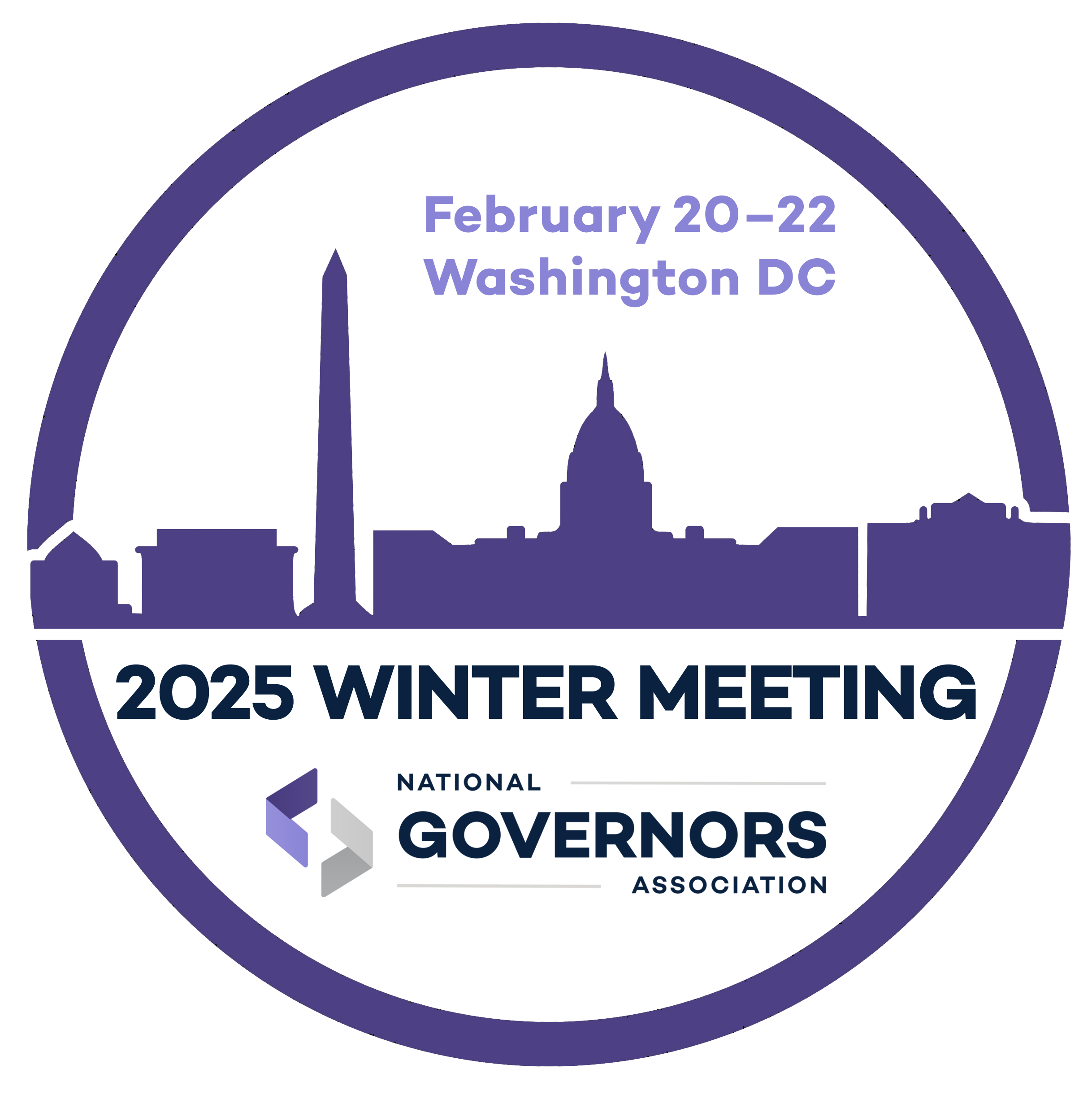The Preamble to the U.S. Constitution opens with a powerful declaration of purpose that is, perhaps, the most succinct definition of the American experiment. In the event that you didn’t immediately flash to Schoolhouse Rock, it goes: “We the People of the United States, in Order to form a more perfect Union…” And while the aspiration of self-governance, “We the People,” rightfully gets the headlines, the reality of self-governance — “more perfect” — is right there. The writers had no illusions that this was a perfect document; after all, a mechanism for amending it was built in, and 10 amendments were needed just to get it adopted by the states. They understood that the definition of perfection itself varies from group to group, and there are even differences on how best to achieve each definition within the groups. So if perfection is impossible, how about we try being *more* perfect, to improve, to start, and to continue moving America forward, by listening to others with different ideas, by articulating our own ideas without resorting to attacks on those who don’t hold them, by working to, in two words, disagree better.
With states famously being “laboratories of democracy,” it is no surprise that a Governor stepped up with a new—and yet perhaps our oldest—experiment to address the toxic polarization that is crippling our ability to be “we the people.” Last July, Utah Governor Spencer Cox took over as Chair of the National Governors Association and launched an Initiative to encourage Americans to Disagree Better — to learn to disagree in a way that allows us to find solutions and solve problems instead of endlessly bickering. Over the past year, Governor Cox has been joined by other Governors, Supreme Court Justices, political experts, and groups working on depolarization for a series of conversations to look at the problems of polarization, and to elevate the solutions that can improve our families, our communities and our nation.

At the most recent meeting in Nashville, Governor Cox sat down with David French, a New York Times columnist whose most recent book, “Divided We Fall: America’s Secession Threat and How to Restore Our Nation,” looks at the dangers of polarization and the need to engage with people who have opposing viewpoints. This is normally the part where we sum up the conversation so that you can cover 40 minutes in two and get back to doomscrolling, but we really think you should watch the whole thing. Yet in the spirit of compromise, we’ll give you some spoilers:
To engage constructively with people with whom you disagree, David French recommends a three-step process:
- Affection – approach with warmth
- Connection – find some common interest to bond over, whether it’s college football or weather
- Reason – only after you’ve established a connection should you move to a more issue-based conversation. “In a highly polarized time, people are very much on their guard,” French explained. “If you break in immediately with ‘here’s my fact check,’ you’re not only not going to persuade, you’re going to alienate.”
Finally, French offered motivation to keep advocating Disagree Better principles, even when it’s hard. “You will get an enormous amount of incoming,” he cautioned. “It will feel futile. But the fact that you don’t yield to it is incredibly encouraging to an awful lot of people. What I have seen in community after community is that when the people who stand for the exhausted majority do truly stand, more often than not, I’ve actually seen them prevail.”
Too often, the most extreme, divisive voices monopolize political debate. That’s why French urges the exhausted majority to speak out. “If you’re not in those hyper-polarized wings, it is vitally imperative that you speak – and you speak in accordance with your values. Advance and model the values you seek to emulate.”
Governor Cox will be wrapping up the Disagree Better Initiative this week at the 2024 Summer Meeting in Salt Lake City, but the work to form a more perfect union goes on. Emphasis on “union.”













